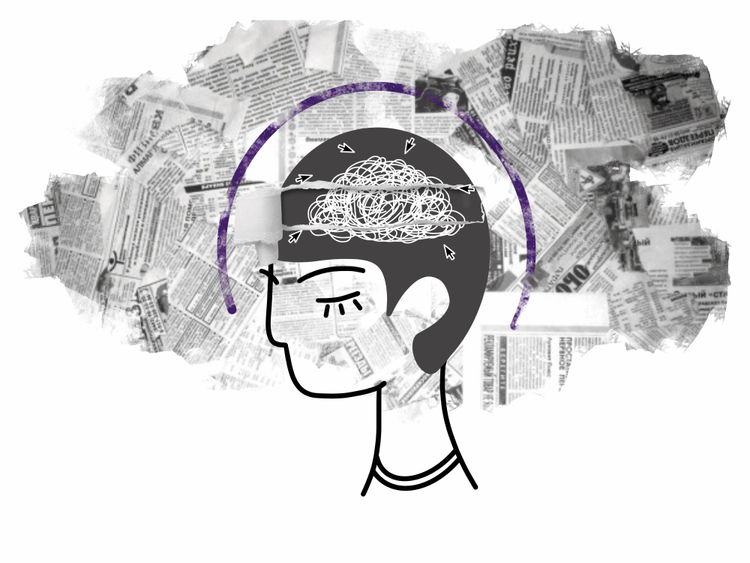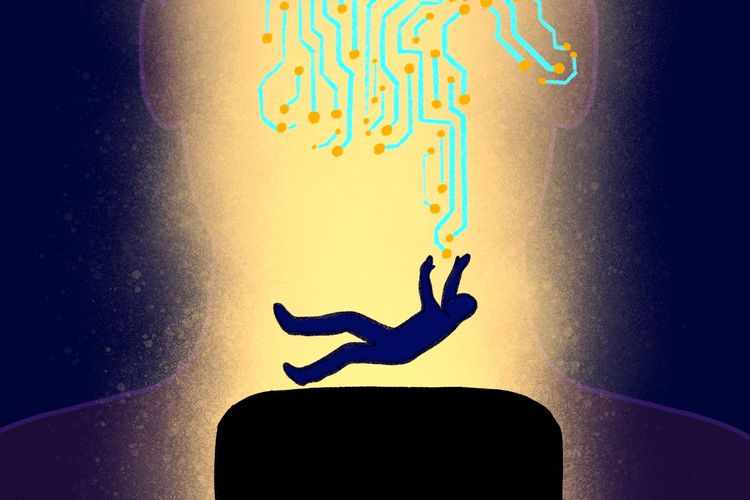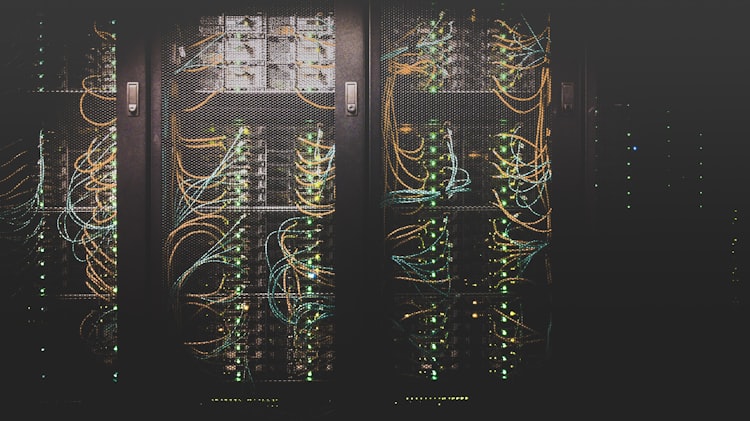Towards Technopoly: The Judgement of Thamus

Previously in the series: Introducing Technopoly
Summary: Chapter 1
In the opening chapter of Technopoly, Postman makes a case for taking technological change seriously. We must think critically about new technologies because someone is always already thinking about how to use them practically. The cultural transformation caused by new technologies happens quickly, but it doesn’t have to happen thoughtlessly.
What follows are the main observations and arguments in Postman’s case for thoughtful engagement with technology.
Beware the one-eyed prophets
Postman begins with a story. He recounts “The Judgement of Thamus,” as told by Plato, where the great king judges the inventions of Theuth, the god of invention. The story is illustrative on several points, and Postman expands many of them, but the first lesson comes via an error of the wise king. Speaking of the invention of writing, Thamus believes “writing will be a burden on society and nothing but a burden."
Postman reminds readers that society has benefitted quite obviously and considerably from writing. It is an error to see only the deficiencies caused by technological change, just as it is an error to only see the benefits. “Every technology is both a burden and a blessing,” therefore, whatever our tendency — to praise or to curse — we should avoid becoming “one-eyed prophets.”
One-eyed prophets are the Technophiles and the Technophobes, neither of whom see clearly. Today, as in the late 1990s, the technophiles speak the loudest, but dissenting voices are making themselves heard. But we don’t need more technophobes to reject new developments outright. Instead, if the tech-lash of the last few years is any clue, what’s required is a willingness to doubt the technophiles.
We need both eyes open, but things are weighted so heavily in favour of the technophiles that any dissent sounds like fear. There’s good reason to fear, though: no technology is impartial.
Statement of non-neutrality
The principle Postman highlights here is one that’s still regularly debated. I can even recall bad arguments about it from my graduate courses, where students and the professor sparred over the costs and benefits of “digital journalism.” Did the medium (online v. legacy) affect the message? Some of us may not have liked it, but there was evidence that people do read long-form journalism on their mobile devices. That must mean that what you read is more important than what you’re reading on, right?
Only if technologies are neutral — but they’re not.
According to Postman, “This is why Thamus is concerned not with what people will write; he is concerned that people will write.”
The students in my class were busy asking the practical questions. Would there be jobs for us would-be journalists once the dust settled; could we still write valuable stories between the clickbait? In 2015, we didn’t think much about the consequences of pivoting to very-online discourse.
The content of what’s communicated may not change, but screens are not designed to do what paper is designed to do. For now, let's withhold the final judgement, just as Postman does. Still, we can’t ignore that technologies have consequences:
Once a technology is admitted, it plays out its hand; it does what it is designed to do. Our task is to understand what that design is—that is to say, when we admit a new technology to the culture, we must do so with our eyes wide open.
Clear-eyed assessment is necessary because innovative technologies create and transform meaning. Postman gives the example of how we consciously develop new words to describe new technologies, however, it’s how those same technologies “modify old words, words that have deep-rooted meanings,” that matter most. No one is asked or consulted about the changes fundamental concepts like “truth” “freedom” “privacy” undergo when technological change comes.
There is a whole chapter devoted to this idea, so we’ll return it later. For now, it's enough to hold in our the minds the picture of a truism Postman borrows from media theorist, Marshall McLuhan: Technological change is ecological.
Winners & Losers
“The future is already here — it’s just not evenly distributed.” This quotation is from the science-fiction author William Gibson, but the idea didn’t originate with him, and it likely predates Postman. What matters, though, is that there are winners and losers when a new technology is introduced into society.
Postman looks at the rise of television, but contemporary readers might think first of the Uber for X generation of apps. The global coronavirus lockdowns are also highlighting the winner/loser divide that concerns Postman here. I used UberEats for the first time this month, but the app won’t be staying on my phone. The flexibility lauded by the Uber for X model of on-demand services is really just precarity. It’s work, but it’s not good. Not because the work isn’t valuable or have inherent dignity, it does. But what could be a relationship between consumers, local businesses, and the workers who turn the wheels of the real economy becomes, instead, a gig.
Instead, I'll be ordering directly from restaurants or picking up take-out nearby. A little extra work for me, but a more equitable deal for all involved.
In the gig economy, existing winners — the hyper-scalable digital corporations, for one, but also people who can afford to order out — get better margins, less risk, and frictionless service. The gig workers make some money, of course. They also come face to face with the fact that everyone involved in this transaction would like to see them replaced with a drone, if only for the novelty (but probably for the profit).
So when new technologies arrive, we must ask ourselves who stands to win and who stands to lose. The answer to this question isn’t simple, however, because there is no grand conspiracy picking the winners and the losers. Postman offers an example from Lewis Mumford’s history of the mechanical clock. The clock was invented by monks to add precision and regularity to the prayer and work of the monasteries.
But what the monks did not foresee was that the clock is a means not merely of keeping track of the hours but also of synchronizing and controlling the actions of men. And thus, by the middle of the fourteenth century, the clock had moved outside the walls of the monastery, and brought a new and precise regularity to the life of the workman and the merchant.
This made modern capitalism possible, for better or worse, and is illustrative of how the most significant changes brought about by new technologies are often unanticipated by their creators.
Media Wars
Following the principle that new technologies pick new winners and losers is that they also enter into conflict with existing technologies. Television does not command our time and attention the way it did before the internet displaced it. Today, mobile devices have already transformed the tethered, computer-based internet of the early days of digital media.
Postman returns to Thamus to show how new media enter into ideological conflict with each other. The battle for hearts and minds is total:
new technologies compete with old ones—for time, for attention, for money, for prestige, but mostly for dominance of their world-view. This competition is implicit once we acknowledge that a medium contains an ideological bias. And it is a fierce competition, as only ideological competitions can be. It is not merely a matter of tool against tool—the alphabet attacking ideographic writing, the printing press attacking the illuminated manuscript, the photograph attacking the art of painting, television attacking the printed word. When media make war against each other, it is a case of world-views in collision.
Thamus’ judgement against the written word was based on how it would transform the meanings of “wisdom” and “memory.” He was correct, and those concepts were changed and eventually the new written versions became the accepted, valued forms of knowledge in education. We’re experiencing similar transformations today, but at a much faster pace. Postman wants to remind readers that a given type of knowledge is not guaranteed to remain valued.
Still, it is also not true that newer forms of anything are fundamentally better than what came before, and vice versa. We must judge technology by standards other than novelty or tradition. Those standards are what we’ll explore in the rest of Technolopoly.
Technopoly Today
I included several current examples of the principles Postman sets down at play in the world today, which illustrate our largely uncritical approach to new technology.
We welcomed smartphones and mobile internet and are only now beginning to ask what we've lost on our forced march towards technopoly. It’s just the latest failure to reckon with the implications of rapid technological change and the impetus behind it.
I’ll conclude with a question. It’s one that I’ve been thinking about more since the global pandemic and lockdowns:
Who are the winners and losers in today’s digital media landscape?
Join me in the comments sections below if you’d like to swap ideas, but for now, I’ll leave you with Postman’s own conclusion:
New technologies alter the structure of our interests: the things we think about. They alter the character of our symbols: the things we think with. And they alter the nature of community: the arena in which thoughts develop. As Thamus spoke to Innis across the centuries, it is essential that we listen to their conversation, join in it, revitalize it. For something has happened in America that is strange and dangerous, and there is only a dull and even stupid awareness of what it is—in part because it has no name. I call it Technopoly.
Next in the series: From Tools to Technocracy





Member discussion